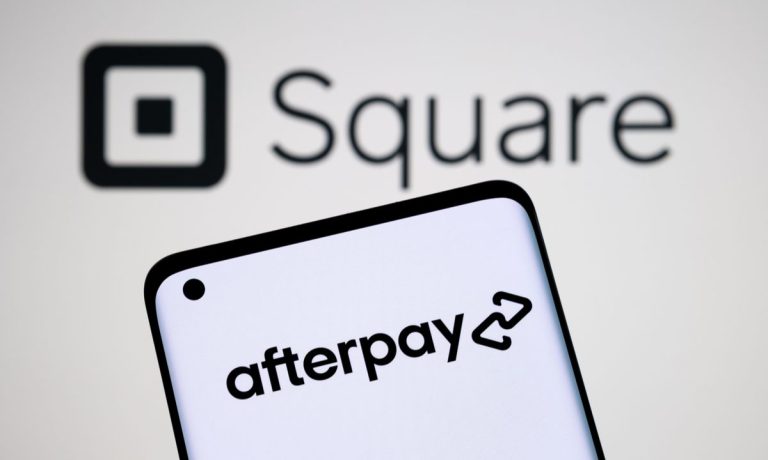BNPL’s Awkward Dance Sees It Waiving Late Fees For Consumers While Awaiting Increased Scrutiny From Regulators

Square is planning to purchase buy now, pay later (BNPL) firm Afterpay for $29 billion.
It’s a validation of the space, yes, but it also means that lawmakers and regulators will train their gaze more fully on the sector. They likely will want to have more information and input on contract terms and whether the hyper growth that has been a hallmark of BNPL can be sustained safely.
Read more: BNPL Takes Its Next Dramatic Turn As Square Buys Afterpay For $29B
The writing is on the wall, so to speak.
In one example, as recounted earlier in the year, across the pond, BNPL is to be regulated by the U.K. Financial Conduct Authority (FCA) following a four-month review. In looking at the largely unregulated sector, the FCA recommended that, among other initiatives, there needs to be the “secure provision of debt advice,” especially against the landscape where more than 42 million people used consumer credit in 2019.
See more: Buy Now, Pay Later Firms Face UK FCA Crackdown
The Consumer Financial Protection Bureau (CFPB) here in the states said this year, too, that “BNPL may seem straightforward and convenient; however, you should consider a few things before selecting this option to make a purchase.” The CFPB said that BNPL loans currently lack the consumer protections that apply to credit cards.
Read more: CFPB Blog Warns Consumers Biggest Risk Of BNPL Is Themselves
To be sure, BNPL is making inroads into consumer populations that find value in stretching out their payments and, along the way, preserving cash flow. PYMNTS research, in collaboration with Sezzle, has found that across 7,000 consumers, the option represents “an increasingly popular alternative for consumers with less-developed credit histories as well as those seeking affordable alternatives to exorbitant credit card fees.”
See more: 77 Pct Of Credit-Challenged Consumers Favor BNPL For Spend Management
The report found that roughly half (51 percent) of consumers who have used or would use installments think BNPL will help them to improve their credit scores.
Additionally, 77 percent of consumers with little credit or damaged credit now see BNPL “as an option that improves their ability to buy things that they want without overspending,” per the study.
In what might be a nod toward the fact that it is the credit challenged consumer that most wants to use BNPL, and that penalties and fees would compound the impact of missed payments, some companies are already tweaking their models.
PayPal, for example, said earlier this month that will stop charging late fees for customers using its BNPL service anywhere in the world. The waivers will begin in October.
Read more: PayPal To Drop BNPL Late Fees
Cutting those fees does two things, we submit: It might make people more inclined to at least try BNPL; and for those consumers who are already using the service, it might the specter of missed payments a bit easier to grapple with — in effect ensuring that missed payments do not turn, fully fledged, into bad debt. Credit Karma has estimated, in its own data, that 38 percent of BNPL users have fallen behind on payments at least once.
See more: Credit Karma: Good Habits Will Pave The Way To Autonomous Finance
In an interview with PYMNTS, Credit Karma General Manager of Assets and Tax Poulomi Damany told PYMNTS that “what we’re finding is that [buy now, pay later] doesn’t prevent you from overspending.”